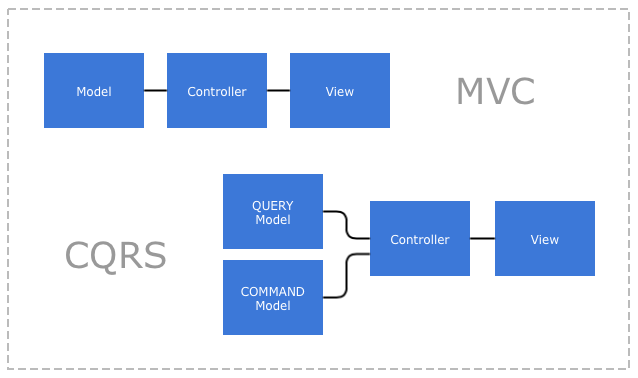Two recent posts in Bartosz’s programming cafe describe nice application of list monad to solve the following puzzle:
 Each letter corresponds to single digit. There are a lot of methods to solve this. Bartosz is using list monad which is very simular to list comprehension methods which were described here. While this maybe not the fastest way to solve this specific puzzle, his approach shows the ways to solve large cluster of similar but smaller problems which we meet at basic “production” level. SEND+MORE problem may be is not so good example to show power of list monad because of one very important problem i want to discuss in this post.
Each letter corresponds to single digit. There are a lot of methods to solve this. Bartosz is using list monad which is very simular to list comprehension methods which were described here. While this maybe not the fastest way to solve this specific puzzle, his approach shows the ways to solve large cluster of similar but smaller problems which we meet at basic “production” level. SEND+MORE problem may be is not so good example to show power of list monad because of one very important problem i want to discuss in this post.


